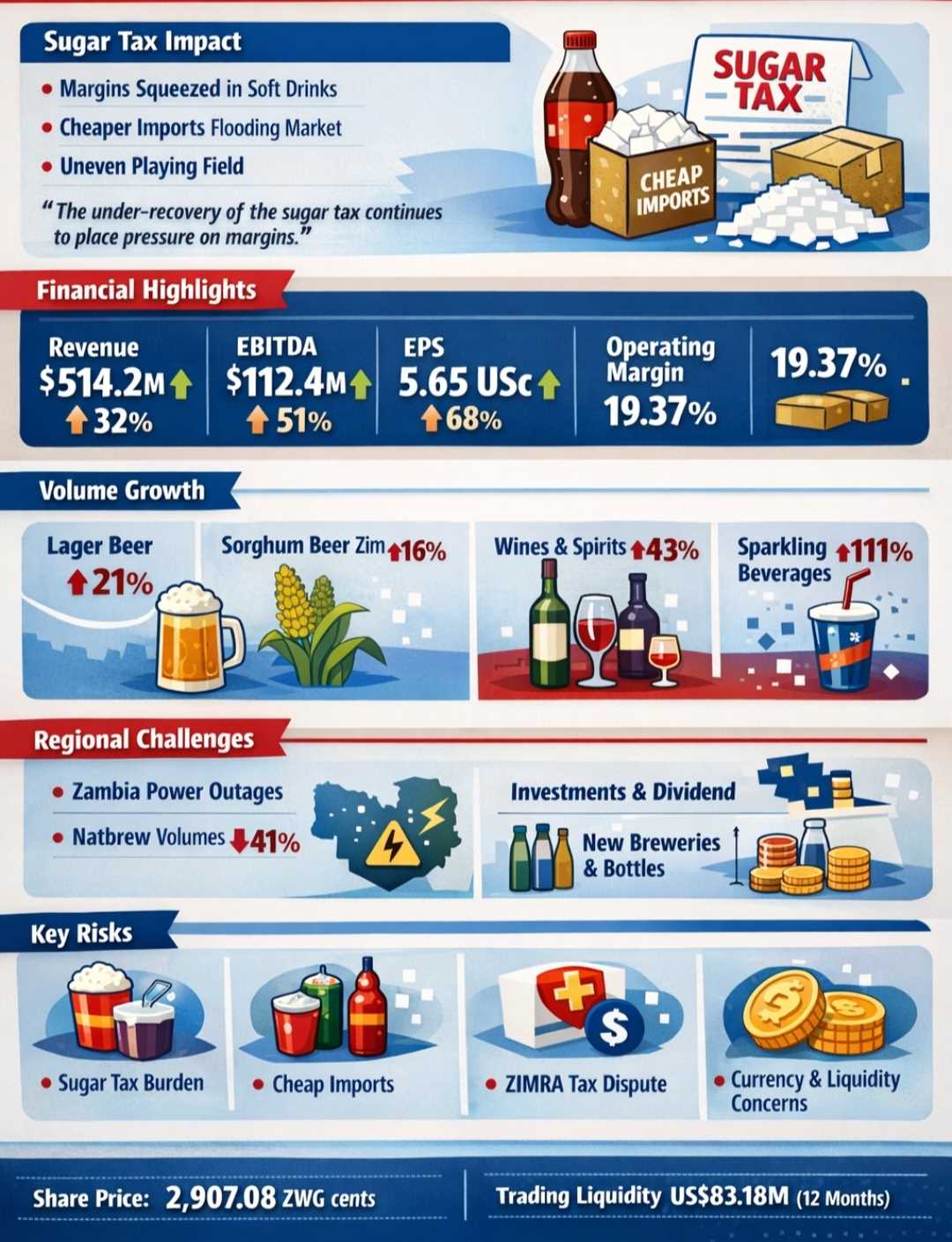By Carter Chapwanya
Zim Now Correspondent
With the advent of new technologies particularly in telecommunications and information technology, many companies and business were rendered obsolete, seemingly overnight.
Kodak, Blockbuster and Motorola are some of the more popular yesteryear large companies that crumbled when new technologies were introduced.
Proprietors of these large corporations or businesses often ignore the signs of changing times and emerging trends or technologies
Locally, a new wave has hit the streets and has put the taxi cab industry into a nosedive. Ride-hailing mobile phone applications have all but completely destroyed the traditional taxi industry in Harare and Bulawayo.
InDrive, Ryder, Bolt, Taxify and many more ride-hailing apps are already operational in a number of the country’s largest cities.
One simply has to download an app of their choice and virtually hail a car. All the apps are equipped with pinpoint accurate gps data that conveys the commuter’s location and the exact destination they wish to travel to.
The algorithm then calculates the distance and traffic conditions to provide a fair fare for both the commuter and the driver.
Cars of different makes and models especially popular fuel savers like Honda Fit, Toyota Vitz, Nissan March and Toyota RunX are some of the more common vehicles that are being used by drivers registered to these apps.
The commuter will then choose which vehicle they prefer based on proximity to their location and ratings given by other commuters.
Some of the apps like InDrive even allow the potential commuter and driver to negotiate fares on the app before pick ups.
With local fares within the Harare Central Business District ranging from two to three dollars on these apps, metered taxis and traditional taxis are now the less-coveted option as they charge a minimum of five dollars for local fares.
One taxi driver, only identified as Tatenda told this reporter that he had been gravely affected by the introduction of these apps.
“I used to make a minimum of $50 in profits each day but these days I am barely breaking even.
Related Stories
“ Most of my regular customers have abandoned me citing that they have found cheaper options,” he said
He however admitted that it was inevitable that these new technologies would take over as they had already become the norm in South Africa and in most developed countries.
Another driver who recently joined the Bolt mobile hailing app applauded the new innovations noting that he was now able to supplement his income.
“In this economy, any self-respecting man needs to have multiple sources of income and this is one example of how easy it is to make more money,” he said, in reference to the ride-hailing apps.
The apps have been welcomed by scores of commuters due to the decreased commuting costs, convenience of hailing a car from anywhere and the luxury of choice.
On any given day, weekends and weekdays alike, the city is always abuzz with people moving about from place to place for either business or pleasure.
Farisai Manjengwa, a student at Harare Polytechnic College was full of praises for the ride-hailing innovations.
“We had only been hearing about such things from people who had traveled to other countries or just seeing it on television.
“It’s really good that now we can also enjoy these 21st century innovations in our own country,” she said.
Some elderly taxi drivers who were interviewed at random taxi ranks around the Harare CBD only showed disdain for the new innovations.
Some went as far as suggesting that the apps would sooner or later die down and commuters would go back to the traditional taxi service.
“ We have been doing this for years and many purported innovations have come and gone but we will always have the last laugh.
“A few years ago Vaya came and people prophesied the same doom and gloom for cab drivers but what happened?”
In this Information Age, many companies are developing apps in order to better engage with their clientele with ease and it appears they are raking in better profits.
InnBucks, YoMix, Dial-A-Delivery are some of the popular locally bred mobile phone applications that have successfully been serving customers for years.
There are also talks within the local tech circles of an app in development by a company called DTA Global to serve long distance commuters.
It remains to be seen whether the traditional taxi service industry will survive the new ride-hailing innovations but from the look of things it appears that this new crop of apps is here to stay.




















Leave Comments